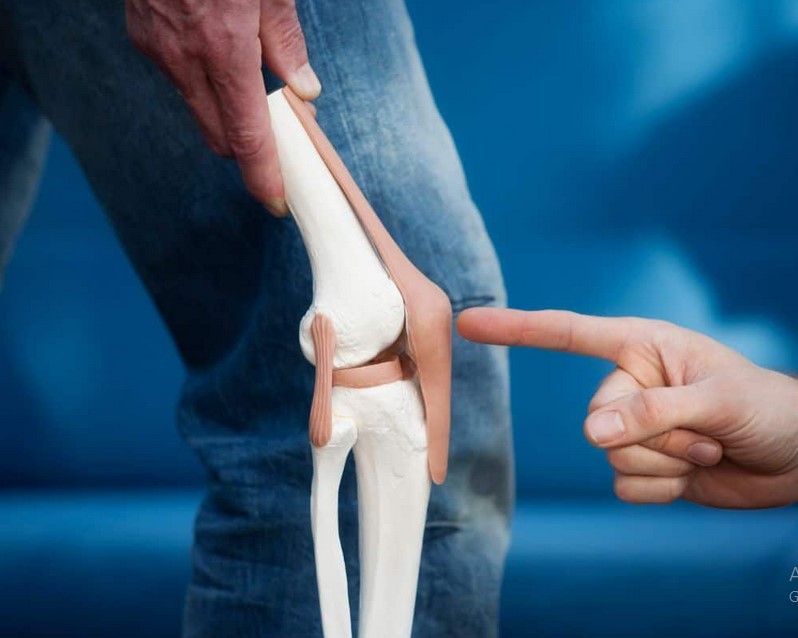
It involves treating broken bones to ensure proper healing and restore function. The treatment depends on the type, location & severity of the fracture. Common methods include immobilization with splints, pain relief & in some cases, surgery to realign bones using pins, screws or plates.
Rehabilitation also plays a critical role in fracture management. After the bone has healed, physical therapy helps restore strength, flexibility & mobility to the affected area. Proper fracture management not only helps in healing but also helps individuals return to their normal activities with minimized pain & reduced risk of re-injury.
Treatment Process for Fracture Includes:
Immobilization
Pain Management
Surgical Intervention
Rehabilitation
Monitoring and Follow-up
Lifestyle Modifications
Benefits of Proper Fracture Management are:
Faster Healing
Pain Relief
Restored Function
Reduced Risk of Re-injury
What are the common types of fractures?
Common fractures include simple fractures, compound fractures, stress fractures & greenstick fractures, each requires different treatment approaches.
How do I know if I have a fracture?
Symptoms of a fracture include intense pain, swelling, bruising, difficulty moving the affected area and sometimes visible deformities or bone protrusion.
What should I do if I suspect a fracture?
Get immediate medical help as soon as possible. In the meantime, keep the injured area still & apply ice to reduce the swelling until you go to a doctor.